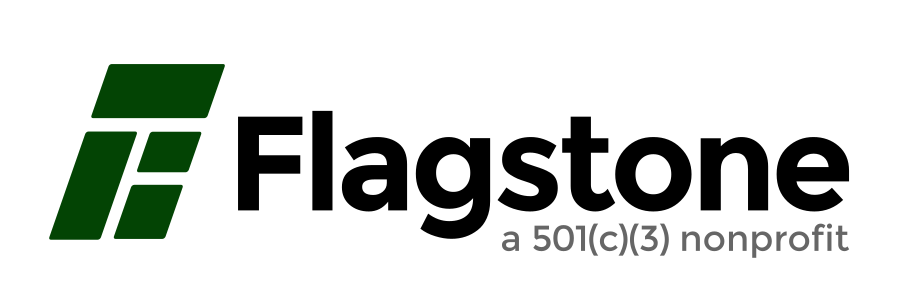The Birmingham News on The Flagstone Initiative
"Birmingham’s middle class is struggling to pay the rent; here’s how one group wants to help" by Heather Gann
Originally published March 6, 2024 on AL.com. Reprinted with permission.
Even if you’re in the middle class, you might find that sometimes your paycheck doesn’t stretch as far as you’d like.
You could, sometimes, find it a challenge to make ends meet. If you do, where do you go for help? The Flagstone Initiative, which was founded in 2021, targets one source of middle-class anxiety: paying the rent. The group partners with property managers throughout the Birmingham metro to lower eviction rates through various rental assistance programs.
In his Q&A with the Birmingham News Lede this week, co-founder Keith Pelczarski offered details on how the program works and how it can benefit the metro’s struggling middle class.
On your website, you talk about a group you refer to as the “missing middle.” Who is included in that group?
The missing middle, they’re the folks who are working, generally. They make too much to qualify for government assistance, but they’re still not making a lot of money. They’re struggling to make ends meet. A lot of folks who are working hourly jobs, that sort of thing. They make too much to get help from a lot of the resources that are available.
These are folks making between 40% to 90% of an area’s median income. In talking with folks and doing surveys and things, we found that even if we go above median income, people are still struggling with tight cash flow and limited savings.
There are a number of studies out there that suggest that somewhere in the neighborhood of 60% of folks in the United States are living paycheck to paycheck, and some of those people are considerably above the 100% level. And so, we saw that as a group that are trying hard, but they don’t have a lot of cushion. So, there’s tight cash flow, and often limited savings.
Also, there are a lot of national studies about savings that suggest that more than half the country has less than $400 saved. That’s not a lot when your car breaks down. Or if you’re working hourly and your kid gets sick, and you have to miss work in order to take care of them. You didn’t account for that loss of income, right? It’s not some moral failure on the part of the individual, it’s just sort of the way that our system is set up.
With these folks that are right on the edge, they’re just kind of one financial shock away from having a problem. Oftentimes, once you get into that, then that leads to other bad outcomes. There’s a lot of really costly credit solutions out there. There’s fines and penalties and things.
In the case of housing, if you get too far behind, you’re facing eviction notices. So, we thought, instead of waiting until the problem was big, we’d like to try to prevent that from happening in the first place.
These folks in the missing middle, their first [monthly] check oftentimes goes entirely to rent. There was a recent report from the Harvard Joint Center for Housing Studies. And they looked at rent burdens as part of their study. And I looked up the stats for Greater Birmingham.
The median renter household income [annually] is $33,000. But their median monthly housing costs are $1,060. And 53% of renter households are cost burdened, which they defined as being above 30% of their income goes to rent. A full 30.4% of renter households were severely cost burdened, which is like more than half of their income going to rent. That’s over 41,000 renter households in Greater Birmingham. There’s thousands of households out there that are spending more than half of their income on rent.
When rent comes around, their first check goes entirely to rent, and then there’s nothing left over for anything else. They have to get creative with stretching their money to put food on the table. If anything comes up, whether it’s a car breaking down, or any other sort of unexpected expenses, they don’t have a lot of options. And they don’t have a lot of savings either.
How does The Flagstone Initiative help with that?
We have two programs to try and address those two challenges of tight cash flow and limited savings. Rent splitting addresses tight cash flow, because it gives people a free option to pay half their rent on the first and half on the 15th. That way, they have a little bit of wiggle room, and they don’t have to figure out how to stretch the food across that time. They’ve got a little bit of money in their pocket to handle whatever comes up. The feedback that we’ve gotten from residents has been incredibly
positive about it.
We recognize that that’s not always going to be enough. If something comes up, we offer rent loans to residents at the properties that we partner with. Those are $500 no fee, no interest loans, and they go straight to rent so that people don’t fall behind. Because it’s super important, right? It’s connected to all sorts of other outcomes. Not just housing security, but food security and long-term outcomes for folks.
The Eviction Lab just came out with a really insightful report on the increase in mortality rates from people who experienced not just the eviction itself, but even the threat of eviction, or just an ongoing high rent burden. And the numbers are pretty staggering. Like it’s double digit increases in unexpected mortality for folks in those groups. So together these two programs help to prevent small problems from becoming big problems.
How can people access assistance from The Flagstone Initiative if they need it?
We work in partnership with particular housing providers [like Brick & Vine in Bessemer]. And we are basically just looking for folks who have some income. Because it’s [the rent loan] $20 a week for 25 weeks, so it’s exactly $500. It gets automatically transferred, like a Netflix subscription, or something like that. It just gets auto paid for 25 weeks.
So we work through property partners in order to reach residents. And then we kind of have some idea of what their rental history is, and that they’re not just chronically delinquent, but that they’re just having some tough times.
If their property offers rent splitting, we do the calculations and stuff. We send people emails saying, pay this much for the 1st, pay this much by the 15th, to kind of make it easier for them. So, people aren’t trying to do the math on it. Especially when there’s other charges for like, pet fees, or utilities, or whatever. We sort of tally all that up and make it clear to folks what they should be paying.
What we’re trying to do is get everybody to kind of come together and create this public/private partnership to try and develop programs like ours. We don’t think that this is the silver bullet that fixes everything, but we’re trying to get upstream of things and prevent small problems from becoming bigger ones.
We think that prevention is going to be cost effective, and just generally better for everyone. So, people could go to their property and say, you guys should talk to Flagstone. And then if we can get the property to offer our services then we can kind of work through that.
Share this post:
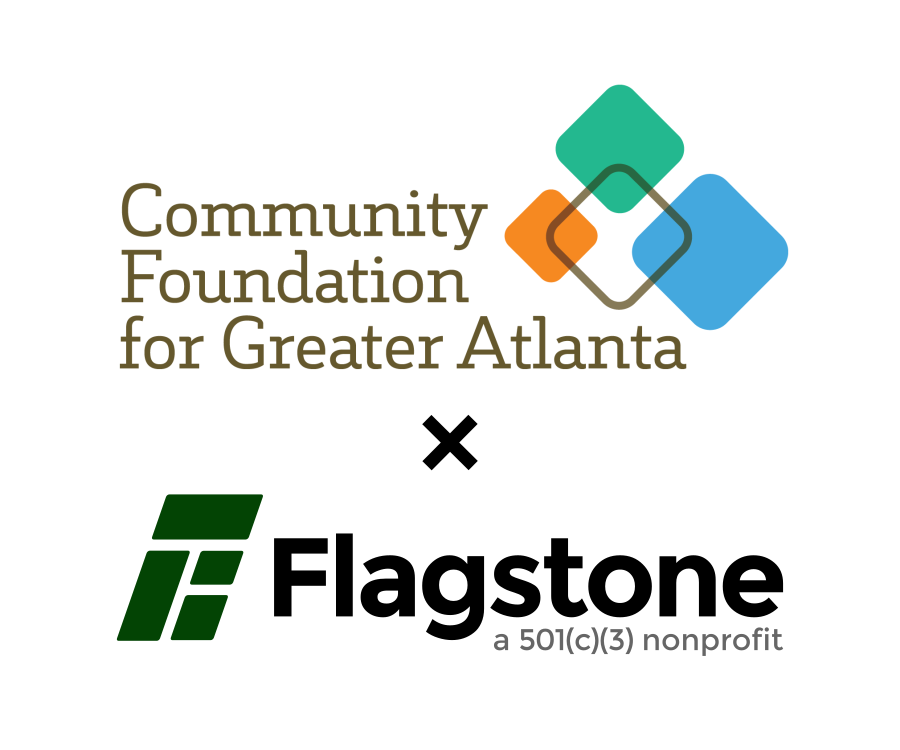
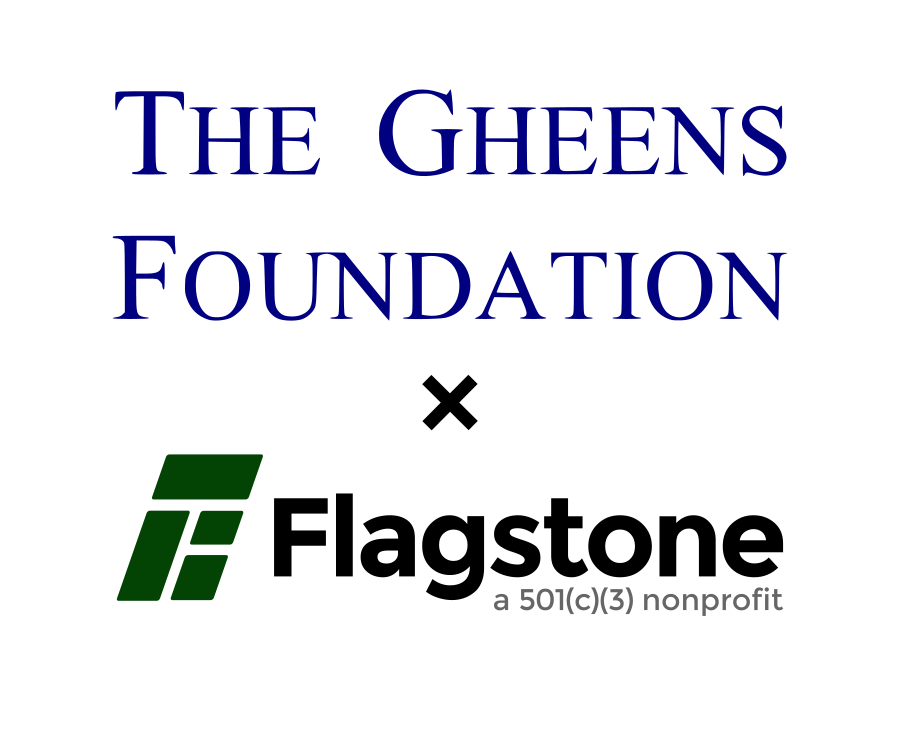
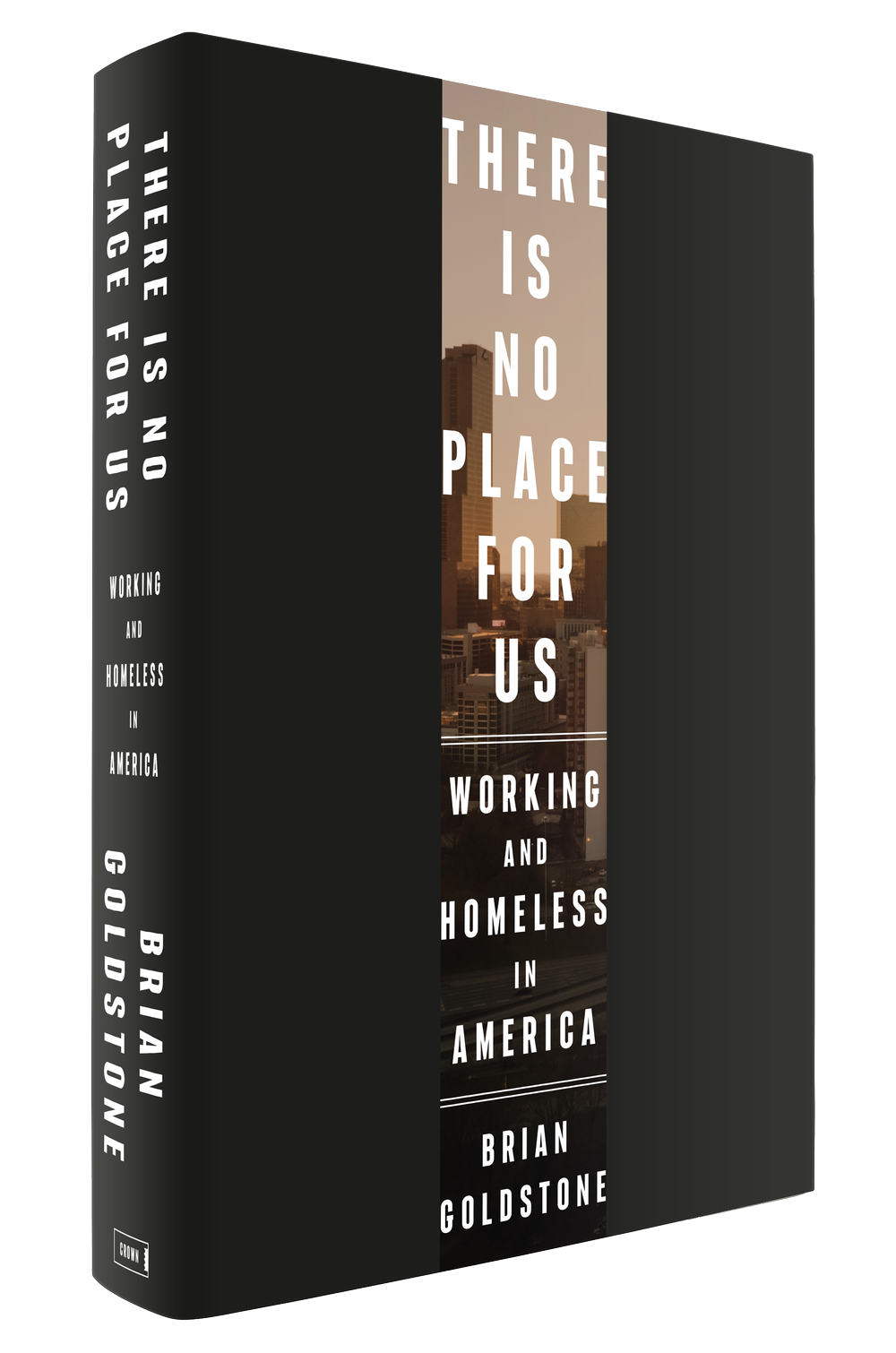




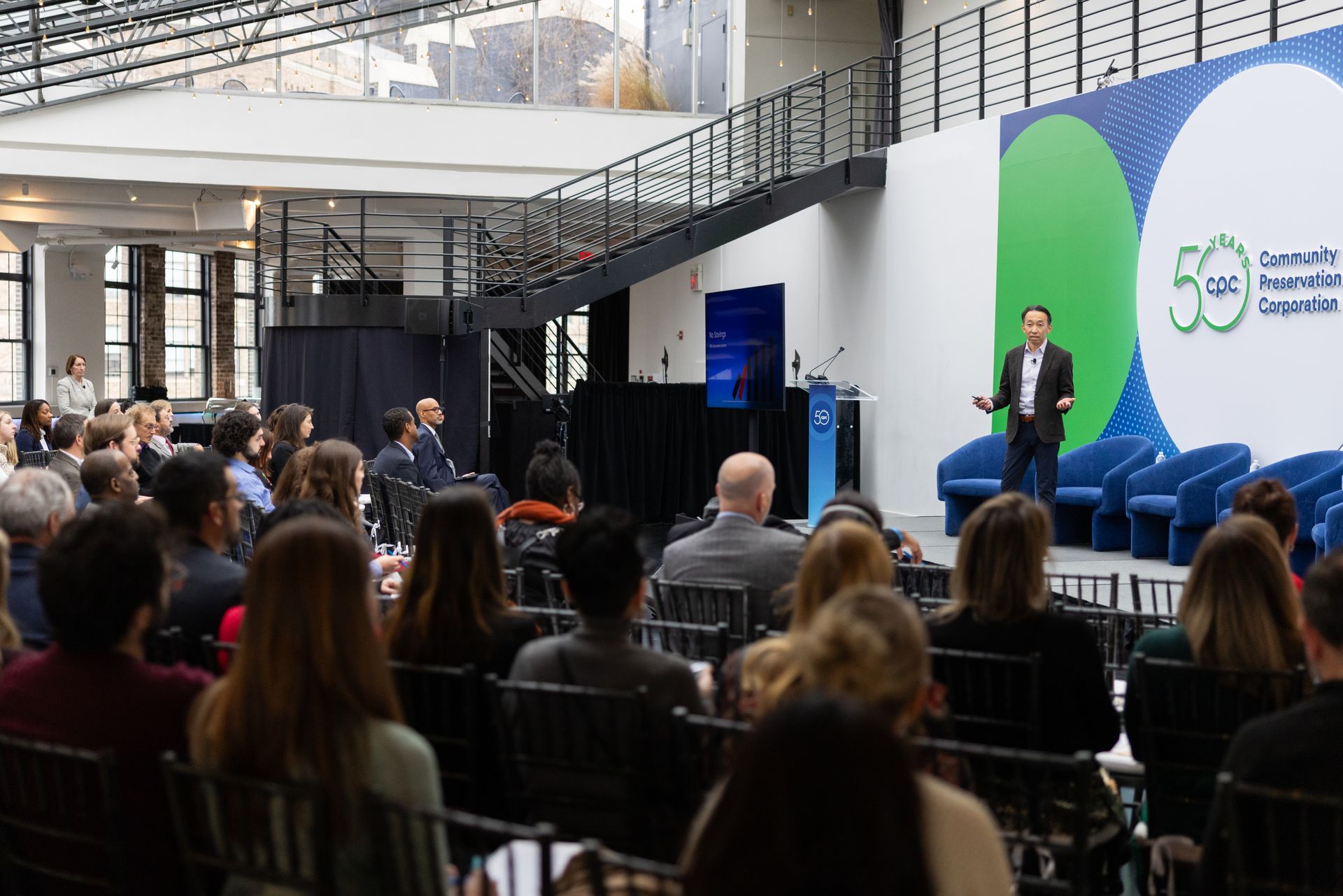
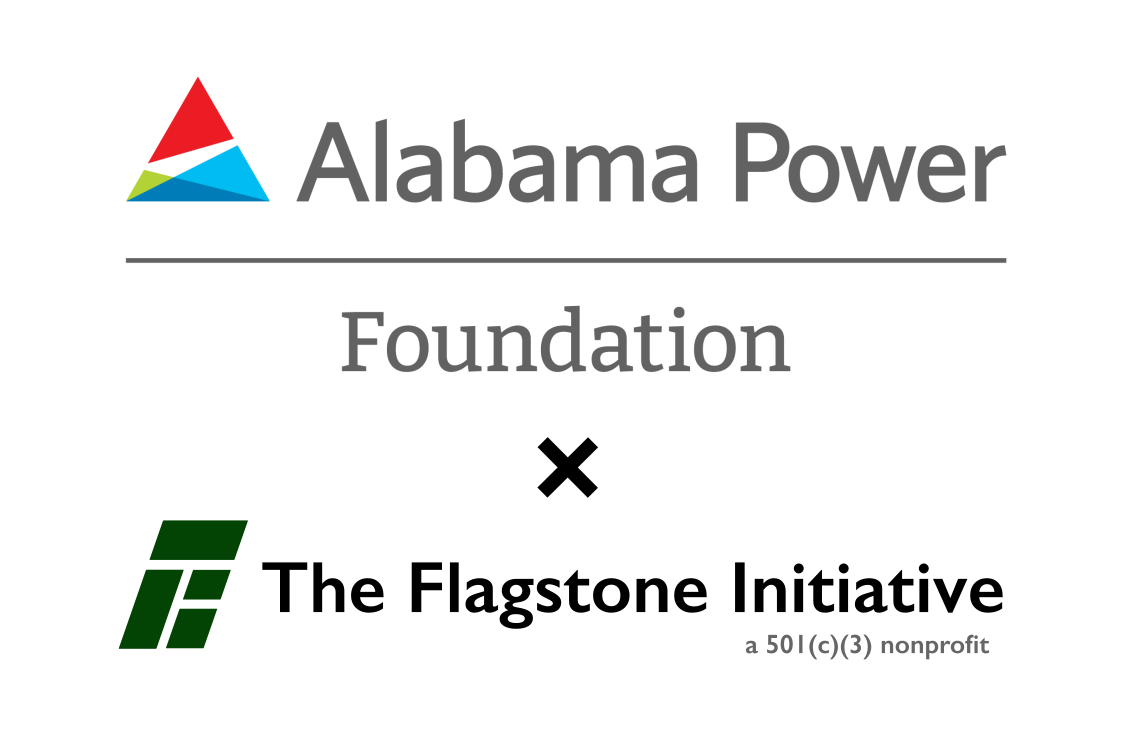
Signup to get news & insights delivered to your inbox!
